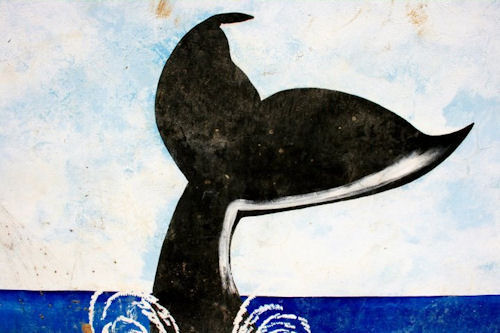 In July a boy drowns in the lake.
In July a boy drowns in the lake.
*
There is a picture window above our kitchen table and through it a view of the lake. At noon, when we sit to eat sandwiches, the water is glassy and green, fracturing only when unseen fish rise and retreat. The sand on the shore is pale. By dinner a storm rolls in and the sky gathers and grays. The lake stiffens, starched by wind, the surface armoring in slate-gray pleats. After dark the window becomes a mirror, and in it I see only my blue nightgown, my kitchen, my son’s bedroom door.
Behind his door, my boy sleeps. I know without seeing it that his face is calm, drained of color by the nightlight’s moony glow. His mouth, a baby’s still, puckers then slacks as he goes down and down, into his dreams.
*
The reports of the drowning are vague:
The boy was fourteen. He was a visitor to the neighborhood—someone’s guest.
He may not have been a strong swimmer.
The Lake Association will accept donations in the name of the boy.
Perhaps he strayed beyond the buoyed shallows.
The weeds, regrettably, have grown to ropey lengths and are strangling even the fish.
How awful for his parents.
*
Before my son was born I planned to deliver him in water. For nine months he’d been a swimmer, and I his saline sound. In his sonogram picture, he looked so happily pelagic, his bulging, fishy eyes closed in peaceful rest, his back-float practiced. A water birth would ease his transition, I thought, from one world to the next.
*
Afterward, when I look at the lake, all I see is death. They poison the mill weed; its leaves turn to silky, black rags as it expires, vines limp as long hairs. Not long now and the trees will turn too—flaming first, then draining of color just before their leaves fall. Then snow and the leaves submerged. I imagine the lake iced over, pale gray and flat as a sheet pulled tight across an empty bed.
*
When the time came to deliver my son, I climbed into the birthing tub still wearing my hospital gown and my wristwatch. The watch’s face flooded and it stopped ticking. The gown floated at first, but soon soaked through and wrapped itself around my legs, my belly, and clung. I could feel my heartbeat like a clot of mud in my throat, strangling my practiced breaths. I thought for the first time in my life that I might die. Honestly, part of me wanted to die. Honestly, in that moment all I wanted was to sink into a dark and quiet nothing, to be released from a pain so intense it felt like dying already.
*
Come September, the neighbors are still shocked about the drowning. The mothers are still shaking their heads at the playground. How awful, they agree. But he was not their son, and for this they are grateful.
As they talk, their children chase each other around the monkey bars and swings, shrieking with joy.
*
In the end I labored a full twenty-four hours, but finally my son was born. He entered the world wailing, the pink balloons of his lungs filling immediately with breath, his chest rising and falling again and again with his screams.
*
I watch the lake through my kitchen window. Birds dip and lift above the surface, and now and then a fish jumps, sending out a small wake of perfect rings. The October sky is the color of warm milk.
*
I come to believe we can’t think clearly about death when we are alive.
*
During the last balmy days of autumn my boy and I go to the lake often. He stands at the shore and splashes, then wades in: toe, ankle, knee, belly. The bluegill school around him, taking harmless bites of his fleshy heels, and he shivers with fear and pleasure.
If I turned away for even a moment, he’d go all in. I could let myself imagine this: his body below the surface, his lovely eyes gone glassy, his lungs gushing and swelled. I could let myself imagine him going under. I could carry my love for him like terror, always a stone in my gut.
But this is no way to live.
I hold out a hand and here he comes, his arms flapping and wild, breaching the water again and again and again.
—
Kirsten Sundberg Lunstrum is the author of two collections of short fiction, This Life She’s Chosen and Swimming With Strangers. She has been the recipient of two Pushcart Prize nominations, a PEN/O. Henry Prize, and fellowships from the Sewanee Writers Conference and the MacDowell Colony. Kirsten teaches at Purchase College, SUNY.
Photo by Tory M. Taylor
